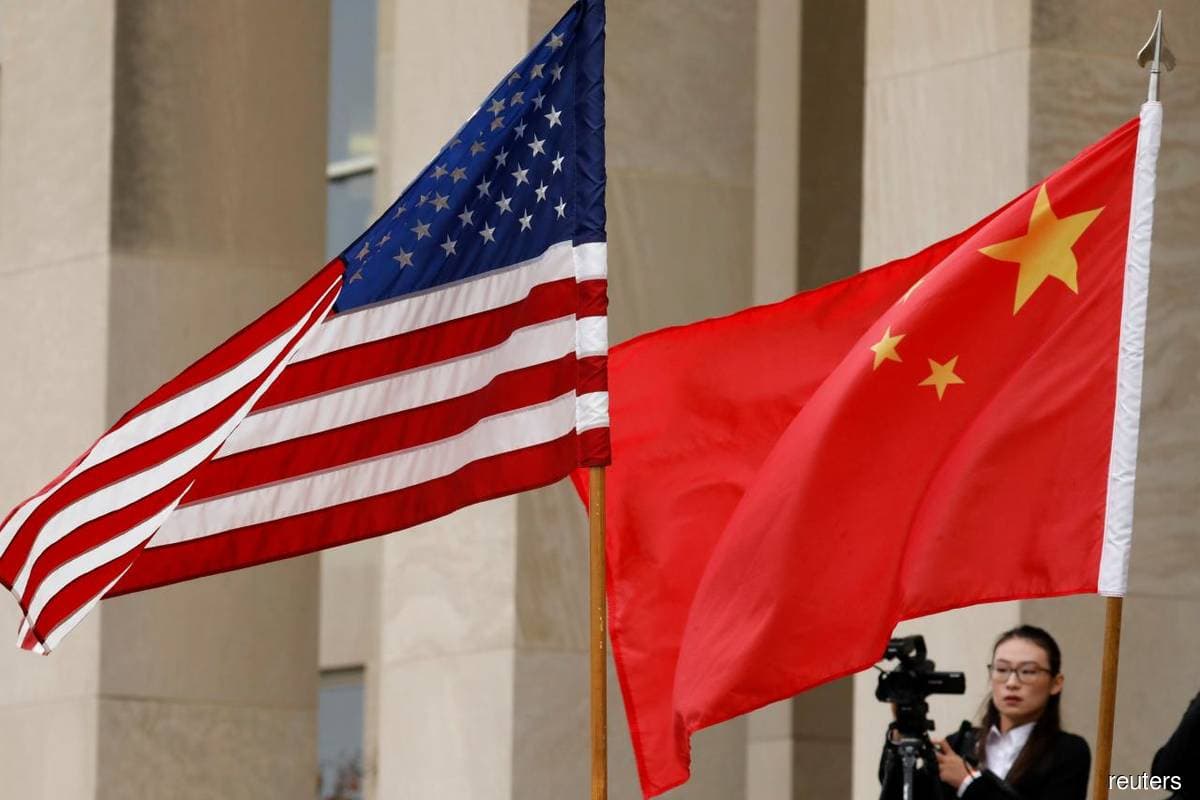
KUALA LUMPUR (June 24): ASEAN positioning in the US-China rivalry is heavily dependent on the clarity of the US’ future plans, according to Asian Trade Centre (ATC) executive director Dr Deborah Elms.
During the Maybank and ASEAN Exchanges — ASEAN: Beyond the Pandemicrisis conference, the ATC executive director said that ASEAN's current stance on the issue is to remain neutral and avoid confrontation.
“But practically speaking, [ASEAN] has to deal with both of these countries, both of their policies, and it has to find some way in which it can survive day to day and get along,” she said.
She placed heavy emphasis on US policy being a primary factor when it comes to the future stance of ASEAN governments and businesses.
“ASEAN, I assume, is hoping that US President Joe Biden appears for the summit season at the end of this year and that the Biden administration is prepared to explain what are some of the US policies towards Asia and China.
“I think that is where ASEAN, in general, is at, and where I think the business community is at ... the US has to give ASEAN more information on its plans,” she said.
She highlighted that it is paramount that the US sheds more light on and communicate its plans to the region for ASEAN to navigate the rivalry.
“If we get through the summit season — and we are now into 2022 — and still do not have clarity, it becomes really hard.
“It is hard for the ASEAN governments and it is hard for businesses in the region to figure out how they navigate through continuing uncertainty,” she said.
Noting that Asia tends to prioritise trade and economics over political and security, she added that the US had an avenue to expand its influence in the ASEAN region through rejoining the Trans-Pacific Partnership (TPP), now called the Comprehensive and Progressive Agreement for Trans-Pacific Partnership (CPTPP).
“But for the US, it is a challenge. What is the price the other members of the CPTPP have to pay for having the US back in the agreement?
“What happens in the next administration if the US can so consistently and sharply flip-flop in regard to the CPTPP?” she asked.
HJ Advisory (Singapore) Pte Ltd founder and managing director Hasan Jafri concurred that the current environment is not conducive for the US to come back to the CPTPP, but is still an avenue the US can take later down the line.
“But eventually, the US has to use trade as an offensive mechanism. I am a little bit more optimistic in terms of the US coming into the TPP at some point in time in the next two years because it is one of the offensive weapons that they have to push through,” he said.